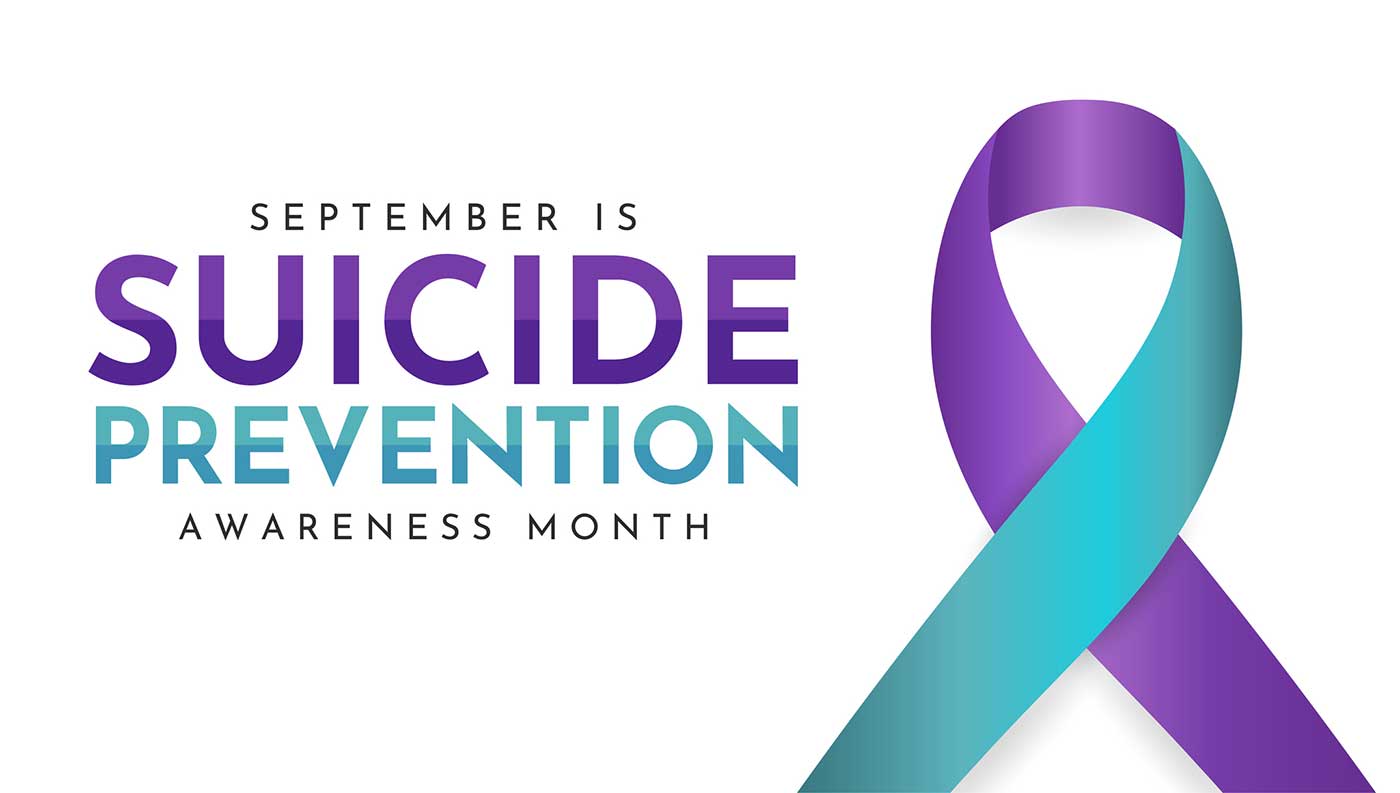In our last blog, Physician Well-being and Mental Health: What Health Systems Must Do to Heal the Healers,” we covered the systemic changes necessary to address physician wellness and burnout. Some of the key items include commitment from leadership, significant resource allocation, and a willingness to re-imagine how healthcare is delivered. A number of health systems in the US are working to make meaningful changes to support physician well-being, many of which were recently recognized by the American Medical Association’s Joy in Medicine program.
Here are 5 innovative health systems and examples of how they are working to create sustainable physician well-being programs:
MyMichigan Health: Proving Success is Possible
With burnout rates consistently 28-30% below national averages, MyMichigan Health’s comprehensive strategy is showing remarkable results. They established a dedicated Provider Wellbeing Council to develop physician well-being support initiatives. Their Connecting with Colleagues Meal Sharing Program’s aim is to create opportunities for support and camaraderie. They’ve also implemented practical solutions like the COMPASS (Compassionate Peers and Stress Support) program and efficiency coaching programs to help physicians optimize their practice.
El Rio Health: Building Community in Tucson
At El Rio Health, the Clinician Well-being program includes initiatives like dinner/discussion groups to help foster camaraderie and connection, as well as close collaboration with Clinical Informatics and IT Departments to continually optimize the EHR experience. Another key element is their partnership with the Compassion Institute, which enables and encourages physicians to attend courses like Caring From the Inside Out: Foundations of Self and Collective Care (CFIO).
Northwell Health: Creating a Culture of Support
New York’s largest healthcare provider has developed several pioneering programs, including Stress First Aid workshops through their Center for Traumatic Stress, Resilience and Recovery. In addition, they created Team Lavender, which provides 24/7 crisis support through an interdisciplinary team of professionals who offer immediate, on-the-spot support during challenging moments. Another important element of their well-being is the Connect the Docs program facilitates physician connection through shared meals, creating spaces for open discussion about work-life challenges.
Bayhealth: Leveraging National Best Practices
Serving southern and central Delaware, Bayhealth has adapted Stanford Medicine’s WellMD program to create a three-pillar approach focusing on practice efficiency, wellness culture, and personal resilience. In addition to establishing Wellbeing Advocates, they have partnered with VITAL WorkLife to provide physicians and their families with comprehensive support, including peer coaching, and counseling services.
Samaritan Health Services: Emphasizing Accessible Support
Samaritan takes a strategic approach to physician support, offering multiple access points for assistance and support. Their comprehensive Employee Well-being Resources includes a Well-being Council and strategic plan and includes significant support resources. These range from free personal counseling, confidential peer support available 24/7, and specialized support groups among others. They’ve also implemented a unique leadership coaching program, offering targeted 30-minute phone sessions for immediate guidance and support.
Recap
These organizations demonstrate that while physician burnout is a complex challenge, targeted, comprehensive programs can make a significant difference. Their success provides a road map for other healthcare systems working to support their physicians’ well-being and create more sustainable healthcare workplaces.






Responses